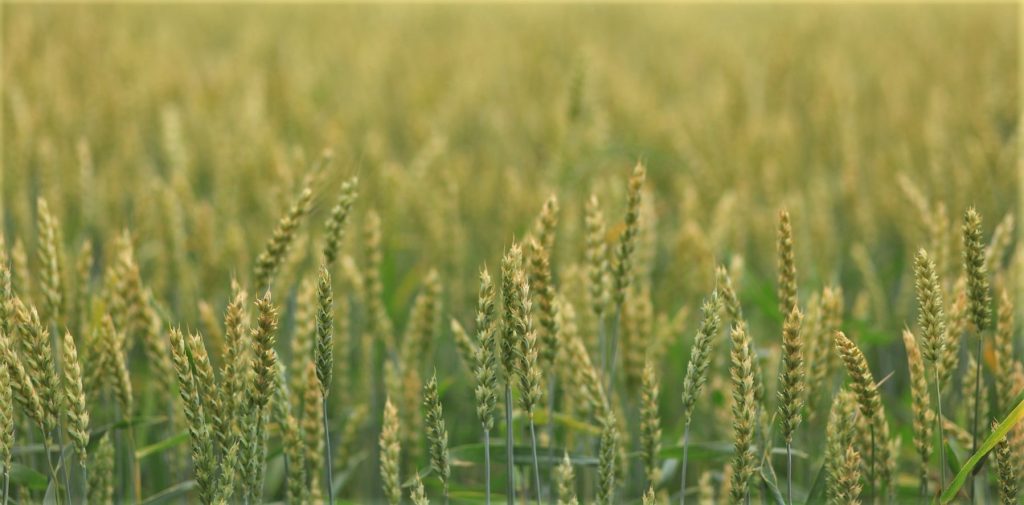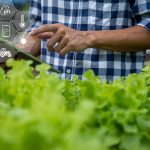
Plants are essential to human life; they produce 98% of the oxygen we breathe and 80% of the food we eat. Plant fibres can be used to create clothes or used as natural building materials. Many livelihoods depend on either plant trade or cultivation – and thus are highly susceptible to disruption caused by pests, which can drive both crop and biodiversity losses.
The United Nations (UN) estimates that the global population will reach 9.8 billion by 2050, putting a massive pressure on our crop production systems and the environments. It is therefore vital that smart solutions are developed to reduce the environmental impact of agriculture. Data underpins increasingly powerful analytical methods and are critical for understanding the biological and ecological interactions between organisms, and monitoring changes and disruptions to the ecosystems. Better data leads to a better understanding of food systems, and ultimately more informed decision making.
So how can data be used to improve plant health?
Following the International Year of Plant Health in 2020, the UN has designated the 12th May as the International Day of Plant Health. This year, CABI was invited to participate, and Dr Ulrich Kuhlmann gave a presentation titled Harnessing the Power of Data for Plant Health and Environmental Protection.
During his presentation, Dr Kuhlmann went into detail about work within CABI on helping institutions and funders to adopt FAIR data principles, and programmes focusing on harnessing the power of data for both plant health and environmental protection.
FAIR data
Many organisations are adopting the FAIR data principles which work towards improving the Findability, Accessibility, Interoperability, and Reusability of their information assets. These developments increase the opportunity to harness the power of data for improved decision making. Through CABI’s Data Policy and Practice team, CABI is developing and scaling replicable interventions for improved FAIR data management, sharing, and re-use that supports development initiatives in the agri- and food sector. CABI works with fundraising agencies to help embed good data practice from the start of investments.
Global Burden of Crop Loss (GBCL)
The Global Burden of Crop Loss project aims to provide authoritative evidence on the impacts, causes, and risk factors of crop loss to illustrate which crops are being lost, where, and why. Critical data sources underpinning crop loss analysis in this project include observational yields and associated biotic and abiotic impacts on crop production, linking field data with models. As approximately 20-40% of our crops are lost to pests, directing efforts into the areas where losses are highest could increase food production without more land being turned into agricultural areas. Evidence on the drivers and impacts of crop loss help with direct funding, policy, and research efforts.
Pest Risk Information SErvice (PRISE)
The PRISE project uses data to help improve decision making in pest management by providing data driven alerts which are disseminated to farmers in four countries in sub-Saharan Africa. The PRISE datacube collates environmental, meteorological, and earth observation data which, when incorporated with the PRISE pest models, generates information on the optimal time to intervene against a variety of insect pests. Information is disseminated through existing extension channels along with general good agricultural practice information to support best practice crop production.
CABI BioProtection Portal
CABI BioProtection portal provides farmers with information on replacing chemical pesticides with bioprotection products. It is an open-access tool enabling the user to correctly identify, source and apply registered biocontrol and biopesticide products against agricultural pests. It contains national databases for 38 countries globally in their local languages, with more countries in the pipeline. The database has attracted 1.2 million users since its launch. Enabling users to correctly identify products less harmful to the environment has the potential to greatly reduce the environmental impact of crop protection.
Is there a future for data in plant health?
As the usage of AI and large-scale data collection using Earth observation techniques is increasing, there is a need to increase the quality and coverage of other global datasets. Ensuring that data is high quality and FAIR, and advancing this data collection in regions which have been traditionally data poor, will help farmers and policy-makers to make more informed decisions, reduce crop losses, and decrease the environmental impact of food production. As technology continues to advance, harnessing the power of data in plant health will undoubtedly play an increasingly critical role in ensuring sustainable agriculture and food security.
Watch Dr Kuhlmann’s presentation Harnessing the Power of Data for Plant Health and Environmental Protection.



